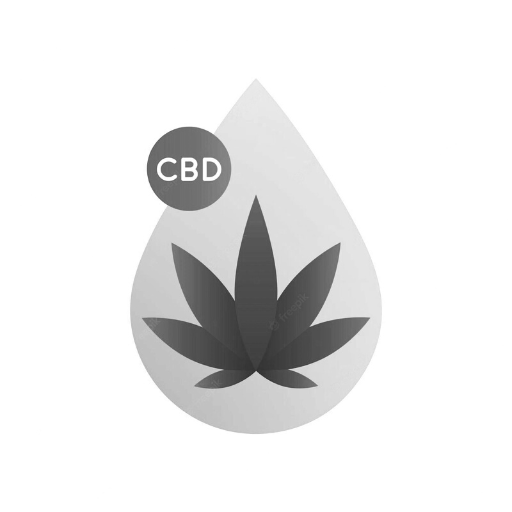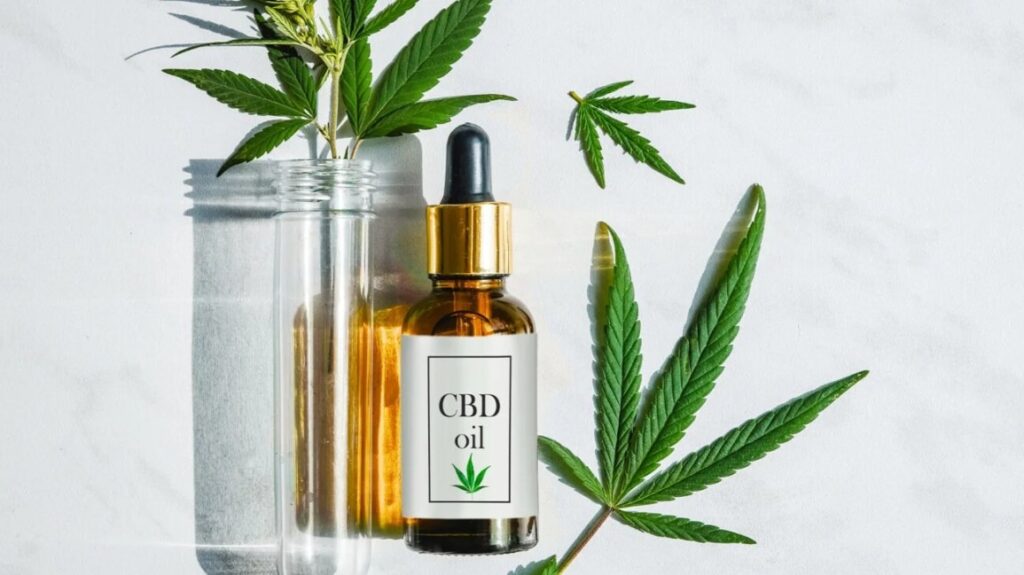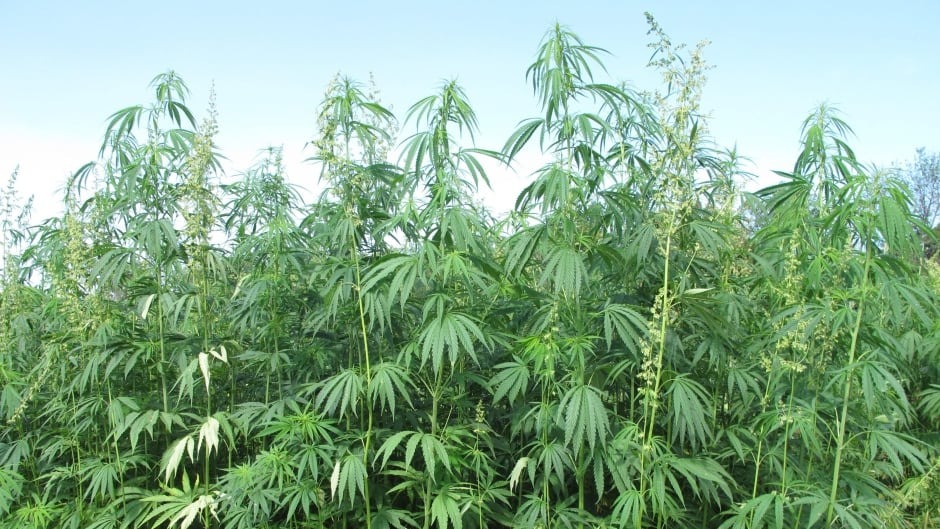
Sourcing and Sustainability of CBD Oil: A Look into Canadian Hemp Farms

The growing demand for CBD oil has led to an increase in its production, with Canada emerging as a key player in the industry. As CBD products continue to gain popularity, it is essential to examine the sourcing and sustainability of CBD oil, particularly in the context of Canadian hemp farms. With a reputation for high-quality hemp cultivation, Canada is home to several innovative and sustainable practices that make the country a global leader in the hemp industry. This blog will explore the sourcing of CBD oil from Canadian hemp farms, the sustainability practices employed, and why these factors are critical to both the industry and the environment.
The Rise of CBD Oil in Canada
CBD, or cannabidiol, is a non-psychoactive compound found in cannabis plants. Unlike THC, CBD does not produce a “high,” which makes it attractive for medicinal and wellness purposes. In Canada, the legalization of cannabis for both medicinal and recreational use in 2018 created a booming market for CBD products, including oils, tinctures, topicals, edibles, and more.
As consumer demand for CBD products continues to grow, sourcing and sustainability are becoming increasingly important. Ethical sourcing of CBD oil, coupled with environmentally sustainable practices, is essential to ensure that the industry remains viable in the long term while minimizing its impact on the planet.
Canadian Hemp Farming: The Backbone of CBD Oil Production
Hemp is the primary source of CBD oil in Canada. Hemp farming is a critical component of the Canadian agricultural landscape, and the country has long been known for its expertise in hemp cultivation. Canada’s climate and soil conditions are highly conducive to hemp farming, which has led to a thriving hemp industry in the country.

Canada has some of the strictest regulations for hemp cultivation, which ensures that farmers maintain high-quality standards for their crops. The government regulates hemp farming through the Cannabis Act, which ensures that only licensed producers can grow hemp for CBD extraction. As a result, the hemp grown for CBD oil production in Canada is of the highest quality, meeting strict standards for potency and safety.
The Sourcing of CBD Oil in Canada: A Step-by-Step Process
The process of sourcing CBD oil in Canada typically involves several key stages. It begins with the cultivation of hemp, followed by the extraction of CBD from the plant material, and finally, the production of CBD oil. Here’s a closer look at each stage of the process:
1. Hemp Cultivation
Hemp is grown in various regions across Canada, with some provinces such as Ontario, British Columbia, and Saskatchewan being known for their ideal growing conditions. The plant thrives in temperate climates and requires well-drained, fertile soil. Canadian hemp farms use both traditional and modern farming techniques to cultivate high-quality hemp plants, which are specifically bred for their high CBD content.
Farmers follow strict regulations to ensure that their crops remain free of THC (tetrahydrocannabinol), the psychoactive compound in cannabis. Canadian hemp must contain no more than 0.3% THC, ensuring that the end product is non-psychoactive and suitable for CBD oil production.
2. Harvesting and Processing
Once the hemp is fully grown, it is harvested and sent to processing facilities where the CBD is extracted. The hemp plants are typically dried and then ground into a fine powder. At this stage, the hemp is ready for the extraction of CBD oil.
Different extraction methods are used to obtain CBD from the hemp plant. The most common and efficient method is CO2 extraction, which uses pressurized carbon dioxide to pull the CBD and other beneficial compounds from the plant. This method ensures a pure, clean, and potent CBD oil that retains the plant’s natural compounds, such as terpenes and flavonoids, which contribute to the oil’s therapeutic effects.
3. CBD Oil Production
Once the CBD has been extracted, it is refined and processed into various forms of CBD oil. The oil is then tested for potency, purity, and safety before being packaged for distribution. This ensures that consumers receive a high-quality product that meets industry standards.
Sustainable Practices in Canadian Hemp Farming
Sustainability is a growing concern across all industries, and the hemp sector is no exception. In Canada, many hemp farmers are embracing sustainable farming practices that prioritize environmental responsibility, soil health, and resource conservation. These practices not only help reduce the environmental impact of hemp cultivation but also contribute to the long-term health of the land and surrounding ecosystems.
Organic Farming: A Key Component of Sustainability
Many Canadian hemp farmers are adopting organic farming practices to reduce the use of pesticides, synthetic fertilizers, and other harmful chemicals. Organic farming focuses on maintaining soil health and biodiversity through crop rotation, natural fertilizers, and the use of beneficial insects for pest control.
By choosing organic methods, hemp farmers help protect the environment, ensure cleaner water sources, and create healthier growing conditions for both the hemp plants and the surrounding ecosystem. Organic hemp farming also meets the growing consumer demand for natural, chemical-free products.
Water Conservation and Efficient Irrigation
Water is one of the most vital resources for successful farming, and it’s crucial for farmers to adopt efficient water management practices. Canadian hemp farmers are increasingly using irrigation systems that reduce water wastage and optimize water usage, ensuring that crops are watered in a way that minimizes environmental impact.
Farmers are also investing in rainwater collection systems to reduce their reliance on municipal water supplies and to further conserve water resources. These practices are essential for ensuring that hemp farming remains sustainable in the long term.
Crop Rotation and Soil Health
One of the key benefits of hemp farming is that the plant is known for its ability to improve soil health. Hemp has deep roots that help aerate the soil and prevent soil erosion. Farmers who practice crop rotation, alternating hemp with other crops such as legumes, can improve soil fertility and reduce the need for synthetic fertilizers.
Crop rotation is an essential practice for maintaining healthy soil and reducing the risk of soil depletion. Hemp, when included in a diversified crop rotation plan, can help improve the overall sustainability of farming systems.
Eco-Friendly Packaging and Transport
Sustainability does not stop at farming; it also extends to the packaging and transportation of CBD oil products. Many Canadian CBD oil companies are taking steps to reduce their carbon footprint by using eco-friendly packaging materials, such as glass bottles or recyclable plastics. Some companies are also exploring biodegradable packaging options to further reduce waste.
In addition, companies are implementing energy-efficient practices in their production facilities and using sustainable transport methods to reduce emissions associated with product delivery.
The Importance of Ethical Sourcing in CBD Oil Production
As the demand for CBD oil grows, ethical sourcing is becoming a significant concern for consumers. Ethical sourcing involves ensuring that the hemp used in CBD oil production is cultivated and processed in a way that benefits local communities, protects workers, and minimizes environmental harm.
In Canada, many hemp farmers adhere to ethical sourcing practices by paying fair wages, supporting local economies, and engaging in community development initiatives. By sourcing CBD oil from farms that prioritize ethical practices, consumers can feel confident that their products are both high-quality and socially responsible.
Conclusion: A Bright Future for Sustainable CBD Oil in Canada
The sourcing and sustainability of CBD oil are critical factors that determine the long-term success of the industry in Canada. By embracing sustainable farming practices, ethical sourcing, and innovative technologies, Canadian hemp farms are setting the standard for the global CBD market.
As consumers continue to seek out high-quality, eco-friendly products, the focus on sustainability will only become more important. By choosing CBD oil products sourced from Canadian hemp farms that prioritize sustainability, consumers can feel confident that they are supporting an industry that cares for the planet and future generations.
With a strong commitment to sustainability, Canada’s hemp farms are paving the way for a cleaner, greener future in the CBD oil industry.